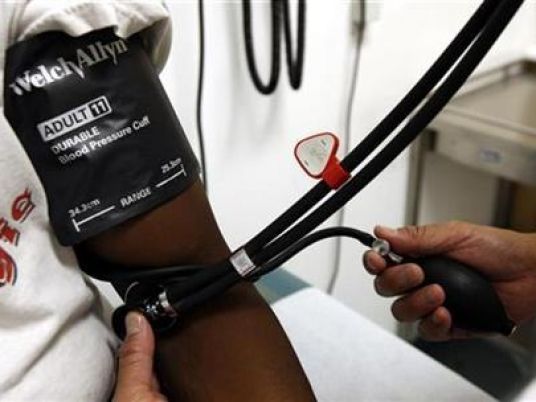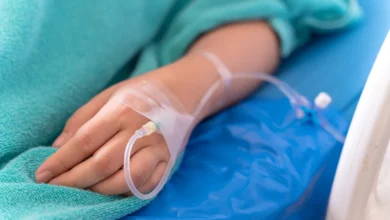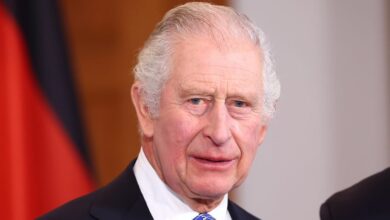
Many doctors are asked to seek donations from grateful patients after successful cancer treatment, but most physicians are uncomfortable with this idea and feel a conflict of interest, according to a new study.
“There are ethical ways of seeking donations from patients who have the means and want to give back,” said senior author Dr. Reshma Jagsi of the department of radiation oncology at the University of Michigan in Ann Arbor.
“We need to understand what physicians are being asked to do and create standards that we can all be comfortable with,” Jagsi told Reuters Health by email.
Philanthropy is an increasingly important resource for hospitals, Jagsi and colleagues write in the Journal of Clinical Oncology. And donations from grateful patients made up approximately 20 percent of all philanthropic contributions to healthcare centers, totaling nearly $1 billion in 2009, they point out.
These contributions are so important that articles aimed at doctors describe effective techniques for recruiting patient donors, and clinical trials are being done to identify the most effective strategies to encourage doctors to participate in such “grateful patient fundraising,” the authors write.
For their study, Jagsi’s team contacted 800 medical oncologists from 40 comprehensive cancer centers and 405 responded. They filled out printed surveys of their experience with fundraising efforts at their hospitals.
Almost three-quarters said they had been exposed to fundraising or development staff at their institution, and about half of those had been taught how to identify patients who would be good donor candidates. Most often, fundraising staff had contacted the physicians directly.
More than half of doctors with fundraising experience said the fundraising staff contacted them “a few times per year.” During these contacts, the doctors said the fundraisers spoke most often about how important fundraising is to the institution’s success, and how important their personal participation was.
Only about a quarter of the oncologists said they had been given ethical guidelines about soliciting donations from their own patients.
About one in three doctors had been asked to directly solicit a donation from their patients, and half declined to do so. Those who had done it tended to have been in practice longer.
“Our survey suggested that some physicians approach some of their own patients directly or send letters; others participate by making speeches at fundraising events or by making fundraising materials available in their waiting rooms,” Jagsi said.
Less than half of doctors said they felt comfortable talking to patients about donations. Most agreed the conversation could interfere with the doctor-patient relationship.
“I think that all physicians should understand the benefits that can come from making sure that opportunities are made available to patients who have the means and desire to donate,” Jagsi said. “Not only do these donations make it possible to advance research and patient care, but they also provide an opportunity for patients to feel empowered as partners in the battle against a disease that has afflicted them or a loved one.”
Doctors need training to understand how they can be helpful without jeopardizing the sanctity of the physician-patient relationship, in which there is an inherent power asymmetry, she said.
“Physicians are understandably ambivalent about soliciting donations from patients,” said Dr. Keith Nicholls of the University of South Alabama in Mobile, who was not part of the new study.
Doctors more often said that solicitation happens at their hospital, but they do not do it themselves, which may mean that they are underreporting their own involvement, he told Reuters Health by email.
“The physicians’ financial security is directly dependent on the financial condition of the organization in which they practice,” Nicholls said. “More donations mean more raises, more resources, more status, etc.”




